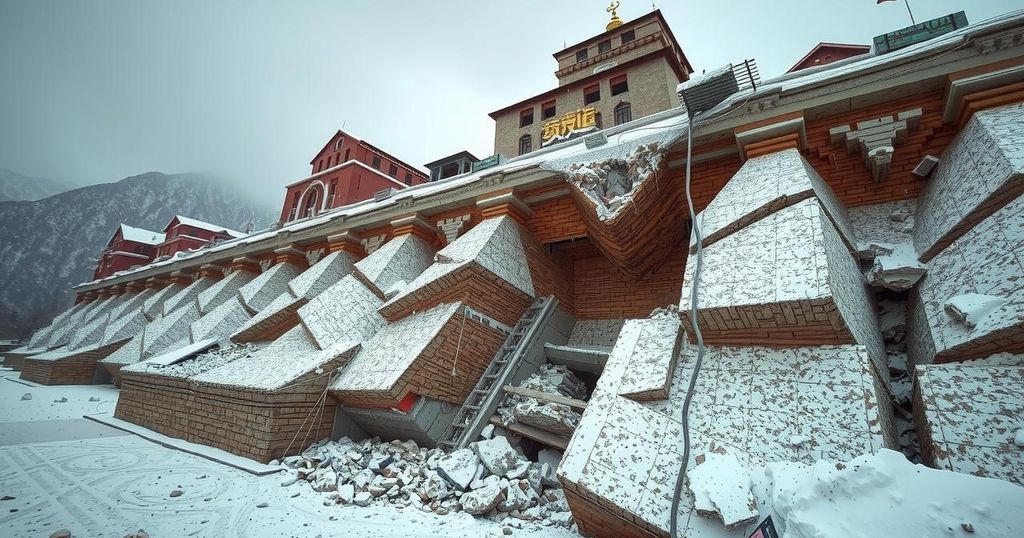World news
ASIA, BHARATIYA JANATA PARTY, BIDEN, BJP, COVID-19 PANDEMIC, DONALD TRUMP, EUROPE, FOREIGN POLICY, INDIA, NA, NARENDRA MODI, NATIONAL SECURITY, NORTH AMERICA, POLITICS, PRESIDENTIAL ELECTIONS, REUTERS, TAIWAN, TRUMP, U. S, UKRAINE, UNITED STATES, US PRESIDENTIAL ELECTION, WHITE HOUSE
Li Chen
0 Comments
Global Election Insights: What Lies Ahead for Democracies in 2025
The year 2024 witnessed an unprecedented election turnout across major democracies, including the U.S., India, South Africa, France, and Mexico, amid various global challenges. Prominent topics include immigration reforms in the U.S., economic challenges in India and South Africa, political fragmentation in France, and women’s rights in Mexico. The outcomes are expected to profoundly influence governance and policies in 2025 and beyond.
In 2024, democratic elections took place across nations with nearly half the global population, marking it as the most significant electoral year to date. The events spanned from Taiwan’s elections in January to the U.S. presidential race in November, culminating in over 2 billion individuals casting ballots amidst global economic and geopolitical uncertainties.
In the United States, former President Donald Trump made a notable comeback by winning the election, planning an ambitious agenda comprising over 25 executive orders on his first day to reshape policies related to immigration and energy. Conversely, in India, Prime Minister Narendra Modi secured a record third term but will need to address pressing issues like unemployment and inflation with a coalition government support.
Meanwhile, in South Africa, President Cyril Ramaphosa faced rising discontent due to economic disparities and high unemployment rates amidst his re-election. France experienced political fragmentation following President Emmanuel Macron’s snap elections, raising concerns about marginalized groups’ rights amid a volatile political climate. In Mexico, the newly inaugurated President Claudia Sheinbaum confronts challenges in advancing women’s rights and managing immigration amid economic limitations.
Collectively, these electoral outcomes will shape globalization, policies, and significant issues such as migration, economic stability, and civil rights in the forthcoming years, particularly in 2025.
The 2024 global election landscape encapsulated the shifting dynamics within major democracies, indicating profound repercussions on governance and public policy worldwide. This election cycle was not only the largest in sheer numbers but also reflected the diverse challenges each nation faces, ranging from economic recovery post-COVID-19 to geopolitical tensions like the Ukraine conflict. The resultant political environments in countries such as the U.S., India, South Africa, France, and Mexico will be pivotal in determining their respective responses to climate change, social justice, and economic equity as they navigate the uncertainties ahead.
The political transitions observed in 2024 will have lasting impacts on the governance of leading democracies heading into 2025. With critical challenges around employment, human rights, and economic disparities at the forefront, the leadership decisions taken by these elected officials will be fundamental in shaping their countries’ paths. As global interdependence continues to deepen, the effectiveness of these leaders in addressing their citizens’ pressing needs will significantly influence the broader international landscape.
Original Source: www.context.news




Post Comment